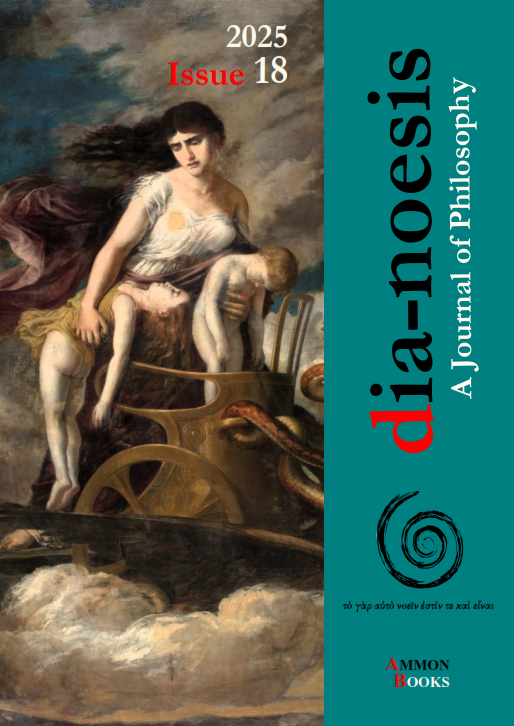Bearing Witness to Traumatised Witnesses: A Reading of Antigone from Agamben's Perspective

Abstract
This article examines Agamben's thoughts on witnessing, as understood through Auschwitz, within the context of Sophocles' tragedy Antigone. Agamben understands the relationship between Auschwitz and witnessing through linguistic impossibility. According to Agamben, the transformation of the event into a subjective experience, becoming the subject of transmission rather than narration, pushes the subject into linguistic impossibility. This can place the subject in a situation where they are incomprehensible and inaudible to others. A similar situation occurs in the tragedy of Antigone. Antigone has failed to bury the bodies of her father and brother appropriately. Antigone is a witness to both the events experienced by her father and brother and to their subsequent declaration as outlaws, including herself. This is essentially what makes Antigone's witness traumatic: Antigone has witnessed, on the one hand, the context of political law that cannot be related to justice and, on the other hand, the way the law makes life fragile. Antigone's testimony is not limited solely to the possibility of conveying the events. Antigone's testimony concerns the dimension of the relationship between law and life that unites everyone, namely, fragility; therefore, bearing witness to Antigone entails an ethical and political responsibility.
Article Details
- How to Cite
-
Basturk, E. (2025). Bearing Witness to Traumatised Witnesses: : A Reading of Antigone from Agamben’s Perspective. Dia-Noesis: A Journal of Philosophy, 18(2), 111–132. https://doi.org/10.12681/dia.43445
- Section
- Articles


